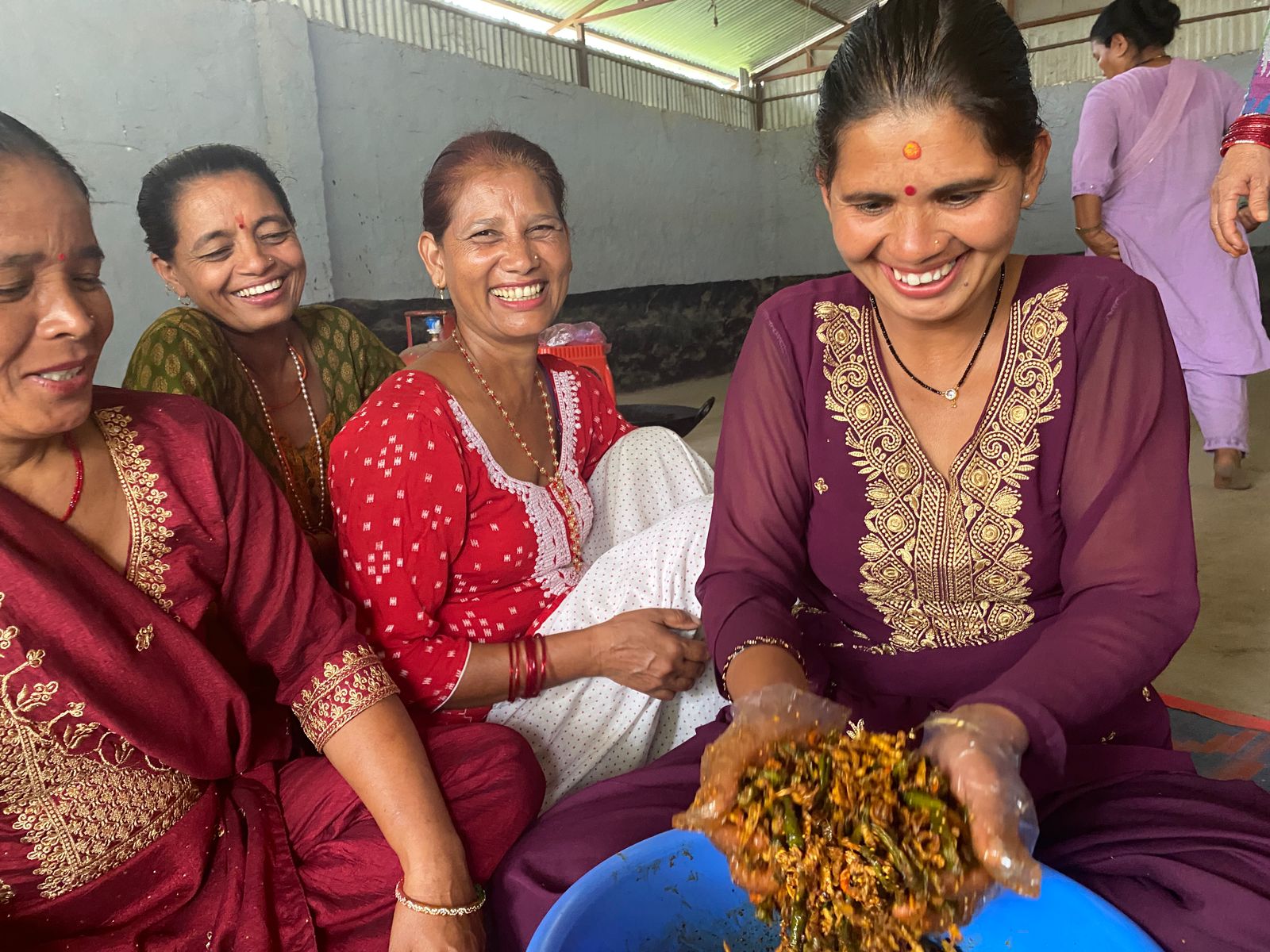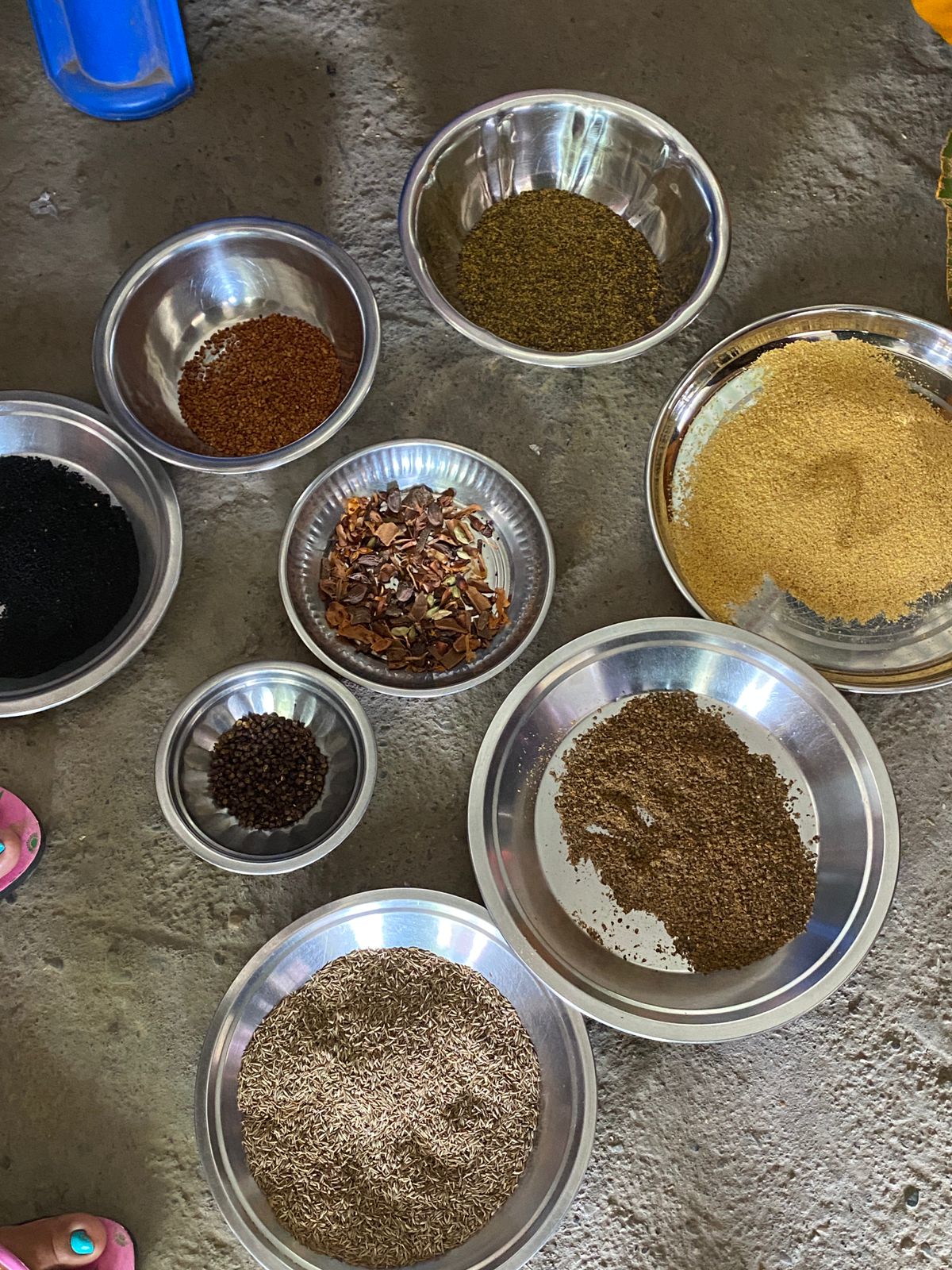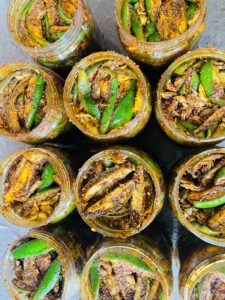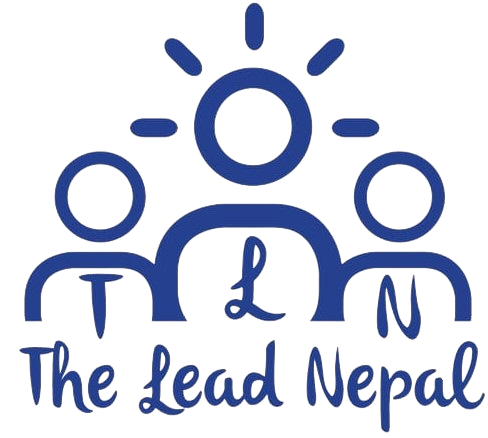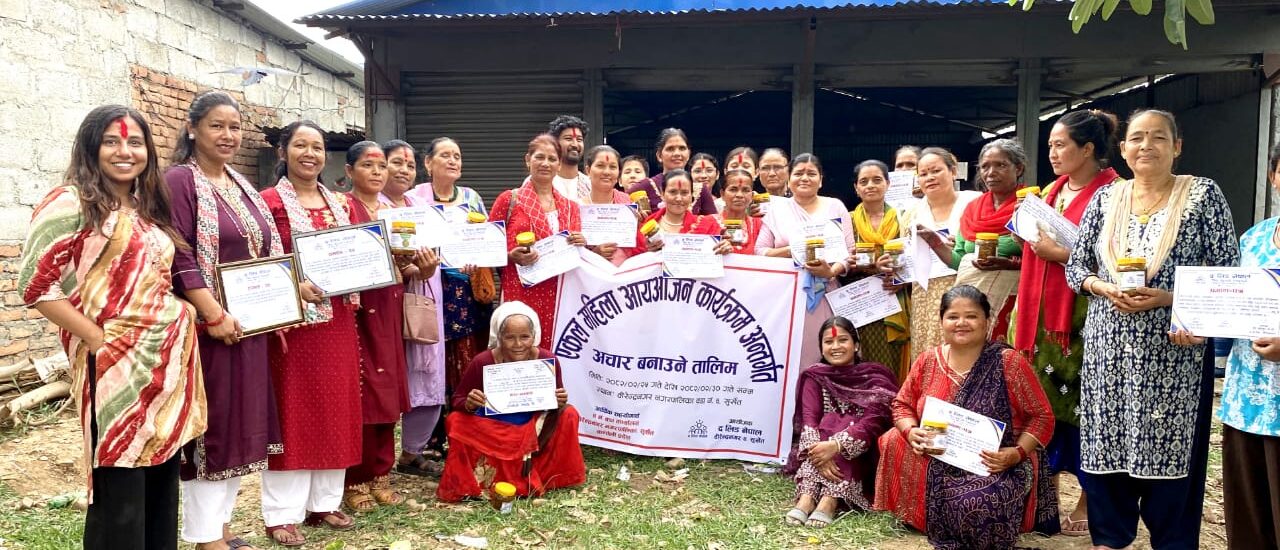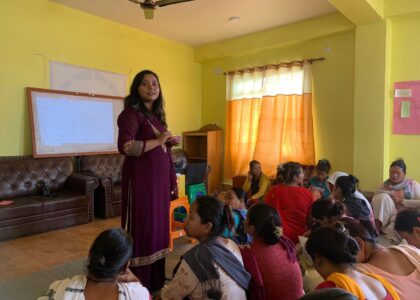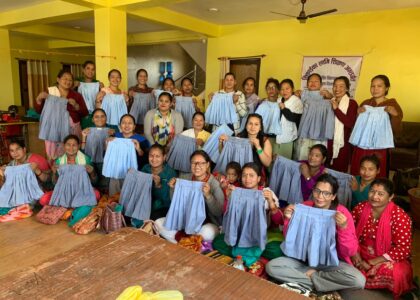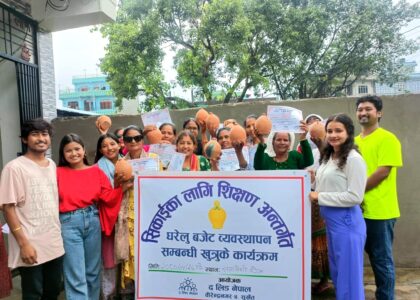In Karnali, many single women face multiple challenges that limit their opportunities. Social norms, economic constraints, and familial responsibilities often prevent them from exploring even simple ways to earn a living. These women often live under multiple layers of struggle and lack even the most basic income-generating opportunities. One of the core objectives of The Lead Nepal is to empower these women by revealing their potential, skills, and confidence so they can live a dignified life within society.
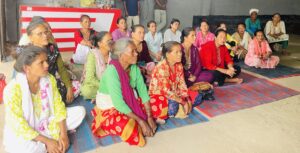
Although many women are skilled in domestic tasks, there has been little effort to transform these abilities into income-generating skills through small enterprises. To address this gap, The Lead Nepal, in collaboration with Ward Office No. 4, organized a pickle-making training program for 20 enthusiastic single women from Jestha 25 to 29, 2082 (June 7–11, 2025). The goal was to provide women with a practical skill that they can use from home to generate income.
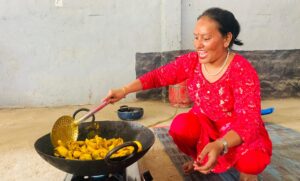
The training was not just about learning a culinary skill—it was a journey of empowerment, filled with fun, creativity, and collaboration. Over five days, participants immersed themselves in the complete process of pickle-making—from selecting fresh ingredients to mastering spice blends and packaging methods. Each day brought new lessons, combining traditional recipes with modern hygiene practices, ensuring that their products were both tasty and safe for sale. The participants were divided into four groups of five—Team Bulbule, Team Sahid Park, Team Kankre Bihar, and Team Deuti Bajai—and each group worked together on their assigned responsibilities, including preparing ingredients (cutting, peeling, soaking), mixing spices, grinding spices, roasting, labeling, and packaging. Along the way, they played interactive games, danced, and collaborated, making the sessions lively and engaging. Each group then gave presentations to share how they approached their pickle-making activities, the methods they used, and how they completed them under the guidance of the facilitators. This hands-on teamwork not only strengthened their pickle-making skills but also encouraged creativity, leadership, and communication among the participants.
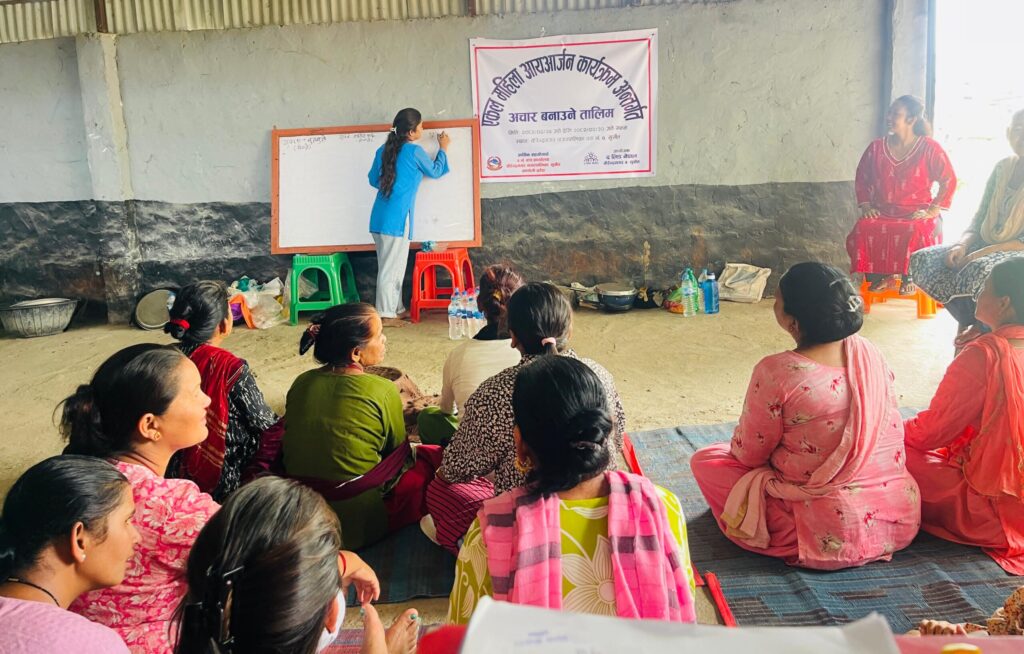
A key part of the program was packaging and branding. The women designed printed stickers featuring The Lead Nepal’s branding and packaged their pickles as they would be prepared for market distribution. Through this hands-on activity, they gained knowledge about product presentation, marketing, and the business side of food production, giving them insight into how a small venture can grow into a profitable enterprise.

This initiative highlights how skill-based programs can make a meaningful difference in people’s lives. By equipping single women with practical skills, The Lead Nepal is helping them build confidence, explore their potential, and use their knowledge to benefit themselves and their families. For those who wish, the training also provides insights into small-scale business opportunities. The success of this program reinforces our mission: empowering marginalized communities through education, skill development, and opportunities that uplift lives.
